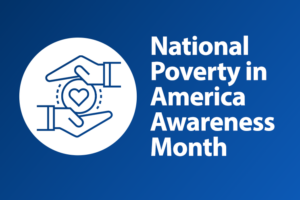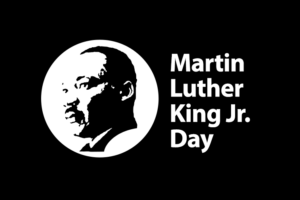Sarah Ford | October 31, 2013
Smart Kids, Not Smart Bombs
How Malala put education on the global agenda
By Wendy Kopp, Founder and Chair of the board of Teach for America
Shortly after she was passed over for the Nobel Peace Prize, 16-year-old Malala Yousafzai met with President Obama in the Oval Office – and illustrated why she should have won. At a time when economies are linked and instability easily spreads across borders, Malala has awakened the world to the unparalleled power of education to overcome the greatest threats of our time, from crippling poverty to terrorism. It turns out the best “next generation” weapon is educating the next generation itself.

Countless studies and stories tell us that education is one of the best investments we can make to improve health, promote peace and equity, boost economic growth and even raise crop yields. Yet for decades before Malala came along, world leaders had basically ignored the issue on the world stage. The problem, as I’ve learned in the eight years I’ve spent building a global education network called Teach For All, is that we’re used to treating education as an intrinsically local issue – and, well, sort of a soft one.
[See a collection of political cartoons on the economy.]
Think about how often our political leaders invoke education in zero-sum terms: If China is up, then the U.S. is down. No wonder countries have been left alone to educate, or fail to educate, their citizens as they see fit.
Malala made it clear why we can’t afford to think like that anymore. She gave the crisis of educational deprivation a face and a voice. The Taliban’s brutality in targeting her shocked the world. Their fear of a girl with a book showed us that far from being a “soft” issue, education is ground zero in the fight for a better future.
Instead of silencing her, Malala’s attackers made her campaign global. Around the world, demographics still determine destiny because the most disadvantaged students are the least likely to receive a quality education – or any education at all. Today, education is more important than ever, yet some 57 million children have never set foot in school. In rich and poor countries alike, race, gender and family wealth predict whether children will get the education they need to be informed, contributing citizens.
[Read the U.S. News Debate: Is a College Degree Still Worth It?]
Consider this: by 2030 India will provide a quarter of the world’s workforce. Yet if current trends continue, 90 percent of today’s students will not finish secondary school. Conflict and repression flourish wherever education does not. We all have a stake in reversing these trends.
Every movement needs an ignition point, and Malala was ours. The leaders of both the UN and the World Bank have made education their highest priority. Parents, students and business leaders in dozens of countries are demanding greater educational opportunity.
The fact that it came as a surprise when Malala was not named this year’s Peace Prize winner is a testament to how far we’ve come.
[See a collection of political cartoons on defense spending.]
On her 16th birthday in July, Malala addressed a historic U.N. youth assembly that had been convened in her honor. With wisdom beyond her years and the conviction of someone who had cheated death to spread her message, she made the case for taking on education as a world community. “Let us wage a global struggle against illiteracy, poverty and terrorism,” she said, “and let us pick up our books and pens.”
Malala’s struggle has put our own priorities and obstacles in perspective. While here in the U.S. our polarized education debate is often described as a battle, there are places where the road to school is quite literally a battlefield. Yet when I visit classrooms in the rural villages of Peru or even Malala’s home of Pakistan, I am struck by the determination of students and teachers. Every setback seems to strengthen their resolve that education is the key to a better life and the only way to break the cycle of violence, prejudice and poverty. It’s telling that Malala said she doesn’t want revenge on her attackers — she wants their children to go to school.
One extraordinary 16-year-old has shown us just how much we have to gain from putting education first. More of us are expanding the boundaries of our empathy and asking: Would we accept this for our own children? In her new memoir, Malala says she doesn’t want to be known as “the girl who was shot by the Taliban” but as “the girl who fought for education.” If more of our leaders shared that aspiration, our future would be as bright as hers.
Source: www.usnews.com
Get Resources and Insights Straight To Your Inbox
Explore More Articles
Open Position: Customer Service Coordinator (Remote-Part Time)
Position Title: Customer Service Coordinator (Remote – Part Time) Department: Charitable Funds Management Solutions We are a non-profit charitable organization looking for skilled individuals who…
Read ArticleGet Resources and Insights Straight To Your Inbox
Receive our monthly/bi-monthly newsletter filled with information about causes, nonprofit impact, and topics important for corporate social responsibility and employee engagement professionals, including disaster response, workplace giving, matching gifts, employee assistance funds, volunteering, scholarship award program management, grantmaking, and other philanthropic initiatives.




